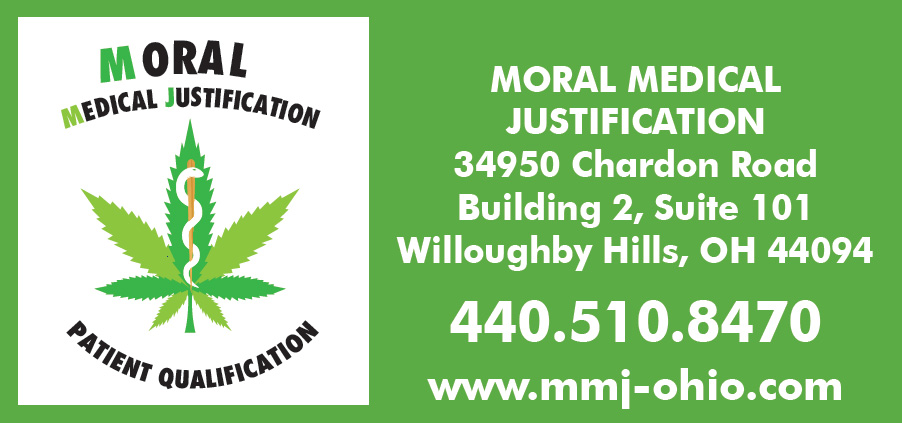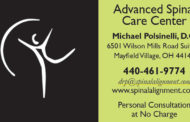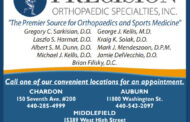ONE STORY
A 52-year-old woman was diagnosed with stage 4 breast cancer that had spread to the pelvis. Stating, “she had nothing else to lose,” she applied for medical cannabis qualification. After following the treatment plan for two and a half months, her PET scan showed the cancer on her pelvis was gone and the breast cancer had shrunk tremendously. She had no reported nausea, vomiting, or fatigue. In fact, her well-being was so greatly improved, she claimed that she hadn’t felt this good even months prior to her diagnosis, and “had everything to gain.”
THE LAW
Since September 8, 2016, Ohio Law House Bill 523 has allowed patients who have one or more of the 21 medical conditions, to qualify for the use and possession of medical marijuana (cannabis). Vaping, edibles, capsules, pills, tinctures, oils, ointments and topical forms are allowed in Ohio.
Qualifying Medical Conditions under Ohio Law:
- Acquired immune deficiency syndrome (AIDS)
- Alzheimer’s disease
- Amyotrophic lateral sclerosis (ALS)
- Cancer
- Chronic traumatic encephalopathy (CTE)
- Epilepsy or other seizure disorder
- Fibromyalgia
- Glaucoma
- Hepatitis C
- Inflammatory bowel disease: Crohn’s disease, Ulcerative Colitis
- Multiple sclerosis
- Pain that states one off the following: chronic and severe or intractable
- Parkinson’s disease
- Positive statues for HIV
- Post-traumatic stress disorder (PTSD must be diagnosed by a psychiatrist)
- Sickle cell anemia
- Spinal cord disease or injury
- Tourette’s syndrome
- Traumatic brain injury (TBI)
DO YOU QUALIFY?
If you are interested in learning more about becoming qualified, please visit our website at www.mmj-ohio.com. If you think you qualify and would like a doctor’s appointment call the Willoughby Hills office at 440-510-8470.
HISTORY
Cannabis has been used for thousands of years in numerous countries, even being found in ancient Egyptian tombs. It grows almost anywhere other plants grow, and had a prominent medical history in the U.S. until it was outlawed in 1937. Israel, Italy, Australia and the U.S. have been researching this product for over 35 years, and have released over 8,000 medical studies, showing the medical benefit and disproving misconceptions regarding cannabis.
United States Annual Causes of Deaths
Tobacco 435,000
Poor Diet and Physical Inactivity 365,000
Alcohol 85,000
Microbial Agents 75,000
Toxic Agents 55,000
Motor Vehicle Crashes 26,347
Adverse Reactions to Prescription Drugs 32,000
Suicide 30,622
Incidents Involving Firearms 29,000
Homicide 20,308
Sexual Behaviors 20,000
All Illicit Drug Use, Direct and Indirect 17,000
Non-Steroidal Anti-Inflammatory Drugs (Such as Aspirin) 7,600
Marijuanna 0
MEDICAL RESEARCH
Medical research has found an endocannabinoid system exists within the body, which responds specifically to the chemicals found in cannabis. This system supports and supplements all other bodily systems, emphasizing cannabis’s importance to help maintain and return the body to a state of health.
Contrary to popular belief, cannabis is not a “gateway” drug, it is not addictive. Substance rehabilitation centers and thousands of individuals use medical cannabis to wean off narcotics and other addictive products. Opiates and narcotics enter the respiratory control center of the brain and reduce the respiratory drive, many times to the point of death. Cannabis does not enter that part of the brain, thus has never caused deathly overdoses.
There are two major strains of cannabis with many hybrids of the two strains. The “high and munchies” effect is strictly dependent on the strain used. Each form and strain of cannabis has inherent medical properties. A knowledgeable bud-tender or dispensarist can guide the patient to the type that would be most beneficial for their medical condition and can easily avoid this effect.
OUR PHYSICIAN
Our Certified to Recommend physician, at Moral Medical Justification, is one of the first physicians in Ohio to qualify patients for cannabis, qualifying patients since 2016. In 1994 she graduated from the Mayo Clinic, Family Medicine Residency. Even at the Mayo Clinic, and in 27 years of practicing medicine she has not witnessed results as phenomenal as medical cannabis provides. Her patients range from 4-94 and come from all different walks of life. Police officers, lawyers, pastors, physicians, teachers, grandparents, parents and children are among the over one thousand qualified patients with Moral Medical Justification.
























